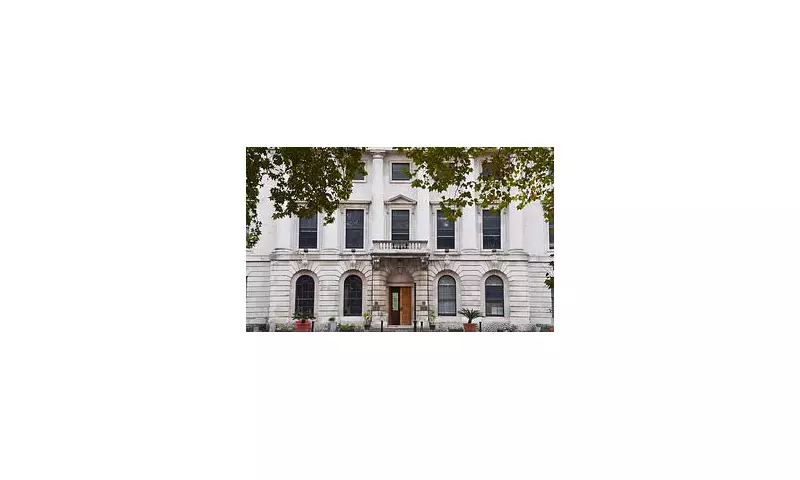
Chinese Security to Patrol Historic London Abbey Site
In a move that has sparked significant controversy, Chinese state security personnel are set to be granted the authority to conduct airport-style checks on visitors to the ruins of a medieval abbey in the City of London. The plan forms part of the security arrangements for Beijing's proposed new 'super-embassy', which would envelop the historic site of St Mary Graces Abbey, a monastery originally endowed by King Edward III in 1350.
Security Concerns and Political Allegations
The approval for this 'ring-of-steel', granted by Foreign and Home Office officials, has drawn fierce criticism from security experts and politicians. The controversy is further fuelled by allegations that Prime Minister Sir Keir Starmer struck a secret deal with Beijing to approve the contentious embassy project. This is despite reported strong objections from Britain's own intelligence services.
Luke de Pulford, of the Inter-Parliamentary Alliance on China, issued a stark warning, stating, 'Legally speaking, Edward III's foundation would be in China, and unsafe for anyone critical of the Chinese regime to visit.'
Former Tory leader Iain Duncan Smith was even more direct, accusing the Labour government of 'caving into China's bribery, blackmail, and bullying.' He described the situation as a 'grotesque compromise' that reveals a 'supine and pathetic attitude' towards China.
The Scale of the Proposed Embassy and Wider Risks
The planned embassy development, situated on the site of the old Royal Mint and a former Barclays trading floor, is of an unprecedented scale. If approved, it would become the largest Chinese embassy in Europe, accommodating more than 200 diplomats and intelligence officers.
The concerns extend beyond the heritage site. The Bank of England has highlighted risks associated with building the embassy so close to sensitive financial centres in the City. Furthermore, a nearby tunnel has carried fibre optic cables under the River Thames since 1985, adding another layer of potential vulnerability.
The planning process, which was revived after Sir Keir's election victory, gained momentum when Chinese President Xi Jinping raised the issue directly with Chancellor Rachel Reeves during her trade-focused visit to China in January. Critics have accused Ms Reeves of being willing to sacrifice national security in a desperate attempt to fill a £30 billion black hole in the public finances.
A final decision on the controversial embassy development is expected to be made on December 10.





